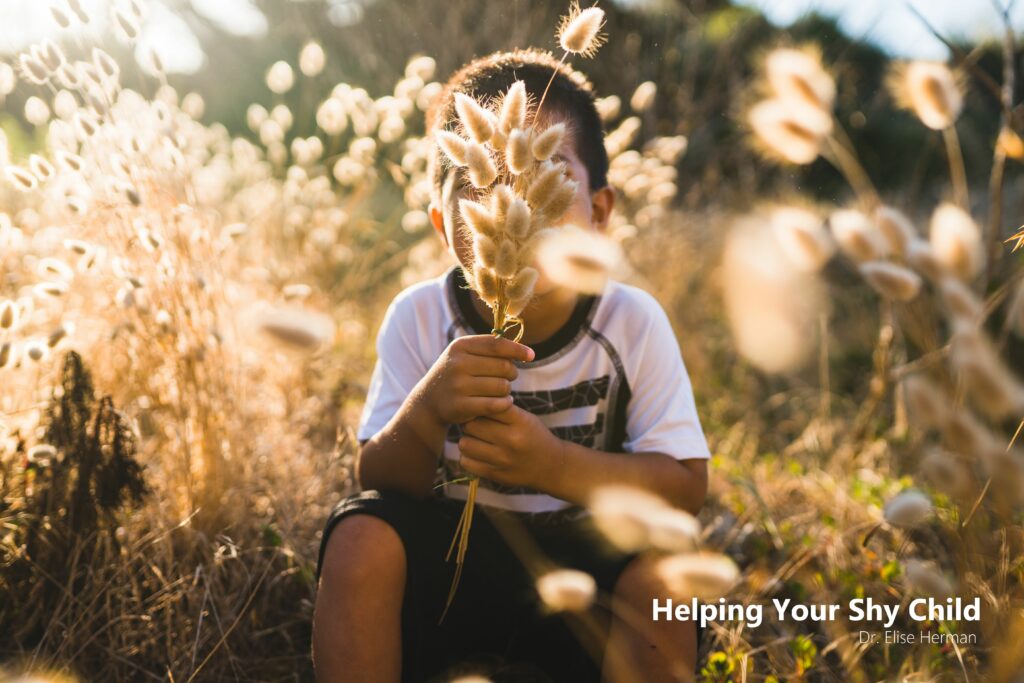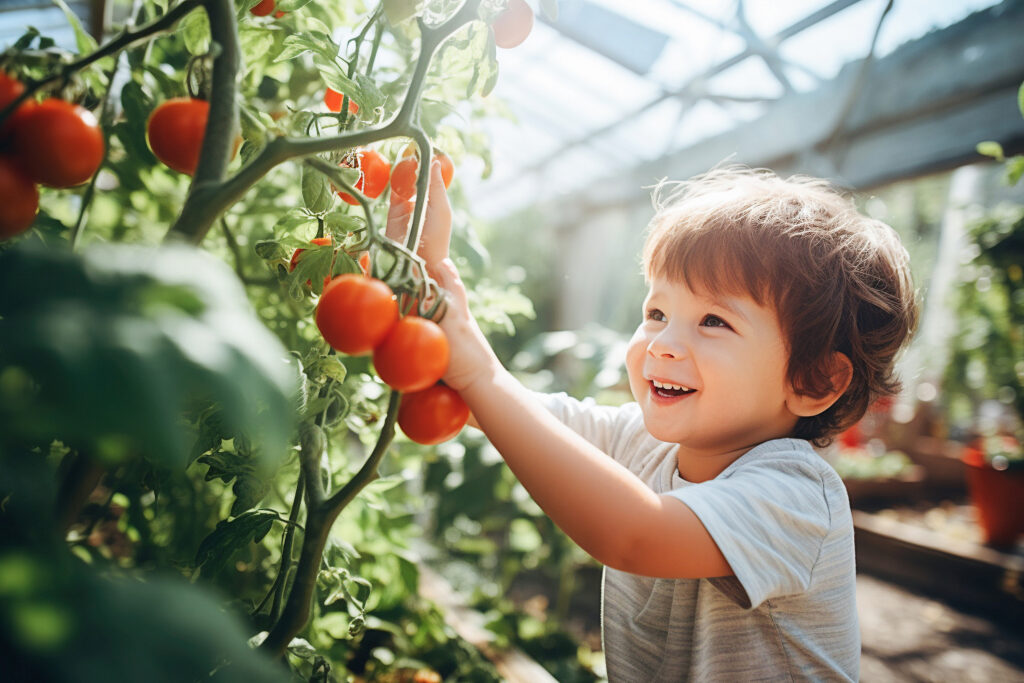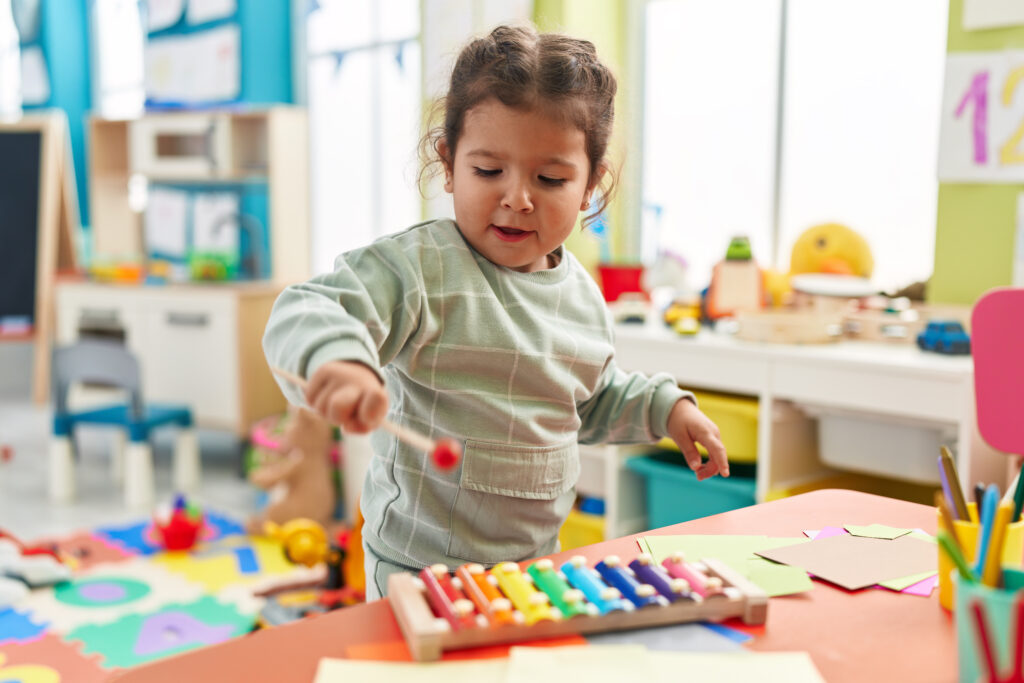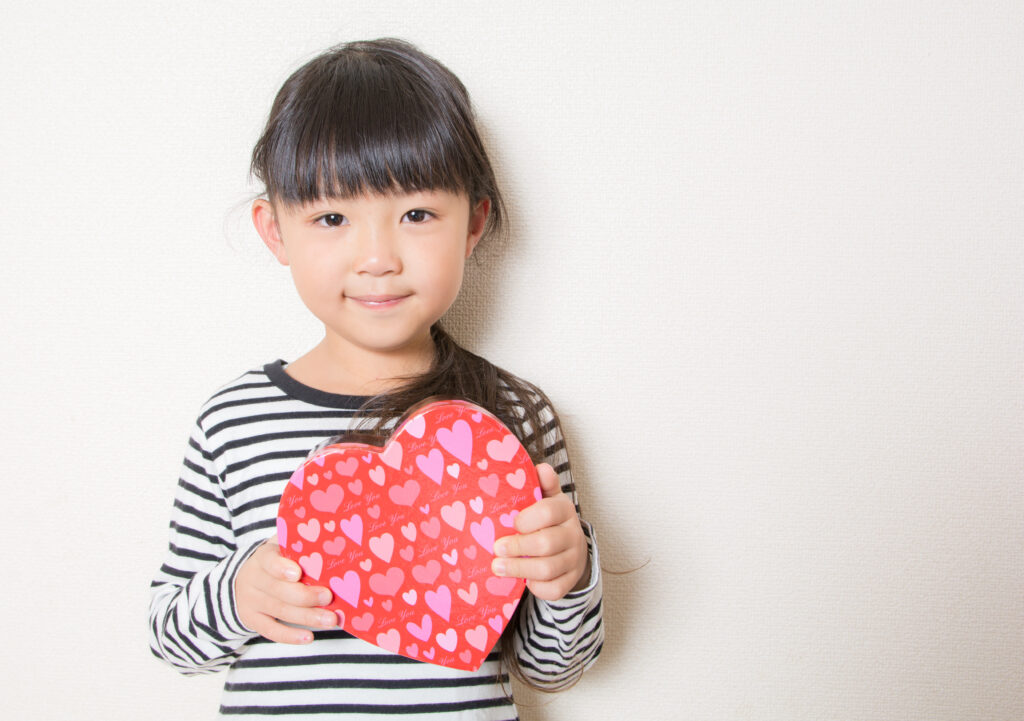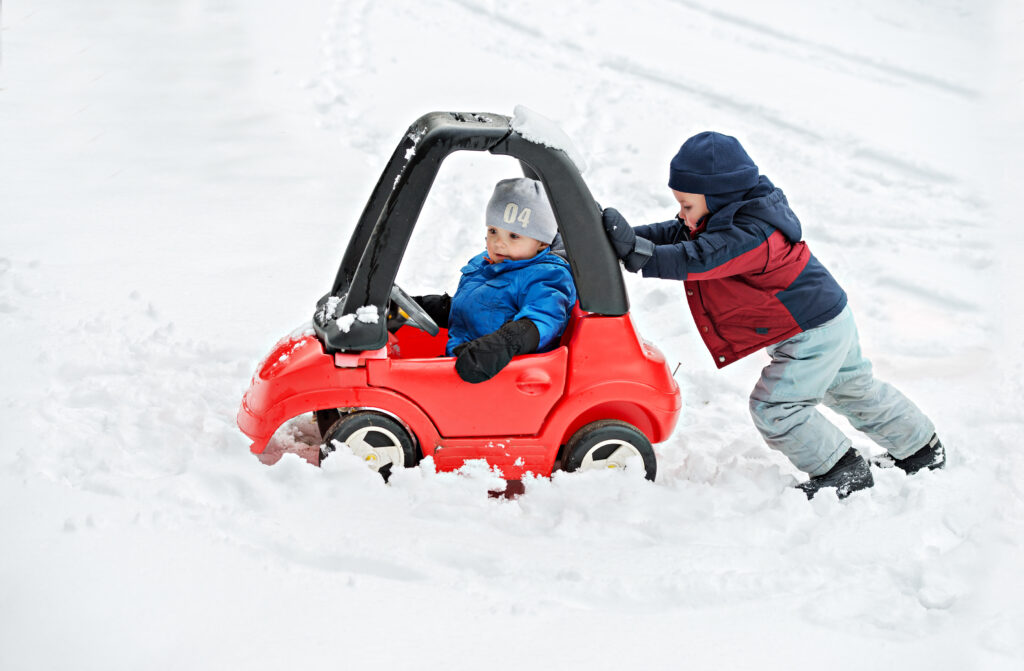By nature, some kids are more outgoing than others. Many children are shy and reserved when younger but become less so as they grow up. Being shy, however, just characterizes a child’s approach to the world (especially new situations) and does not have to be seen as a negative.
Lifestyle
Avoiding Picky Eating in Kids
Most parents are familiar with the ‘picky eater’- the child who is suspicious of new foods, has strong favorites, and may refuse to eat what the rest of the family is eating. Picky eating is very common in young children, but usually improves by age 5 years. This behavior occurs in part to exert some control over mealtime (and parents) in a way that is often attention-getting.
The Benefits of Awe-Inspiring Experiences for Kids
‘awe’- the overwhelming feeling of respect and amazement, often created by something vast and mysterious- is an important emotion with lots of benefits. Sources of awe might be nature, art, music, spirituality, or a demonstration of courage.
Social Media & Teens
Parents of teens know that this is a tough time for their kids, and many experts point to smartphones and social media as contributing to the worsening mental health of young people. Recent research has shown that social media is not just related to depression, anxiety, and loneliness, but can cause these issues.
Bringing Music into Your Child’s Life
Children seem to love music right from the start, which makes sense since babies in the womb can hear sound beginning around the fourth to the fifth month of pregnancy. Research has shown the many positives of music for kids, so making music part of your child’s life will reap benefits over their lifetime. Music involvement includes listening to music, playing an instrument, singing, and dancing.
Parenting Your Teenager
As kids get older, the joys and challenges of parenting change. Teenagers can be wonderful people—enthusiastic, very involved with friends, and with passionate opinions and feelings. However, they can also be impulsive, take risks and feel invulnerable, creating a setup for poor decisions.
Gun Safety and Your Child
Parents want to keep their children safe, and an increasingly important part of this relates to gun safety. The leading cause of death in the US for kids (those 18 years old and under) is now firearm-related injuries.
Baby, It’s Cold Outside- But Get Out There Anyway!
We know how important it is for our kids to get outside regularly; all that fresh air and running around has numerous benefits. When it is cold, parents sometimes hesitate to let their kids out for fear that colder weather will make them sick. But it is actually the exposure to sick people and the viruses they carry that causes problems this time of year.
Mindfulness for Children
Mindfulness means being present, paying attention to what is happening, and accepting it non-judgmentally.
